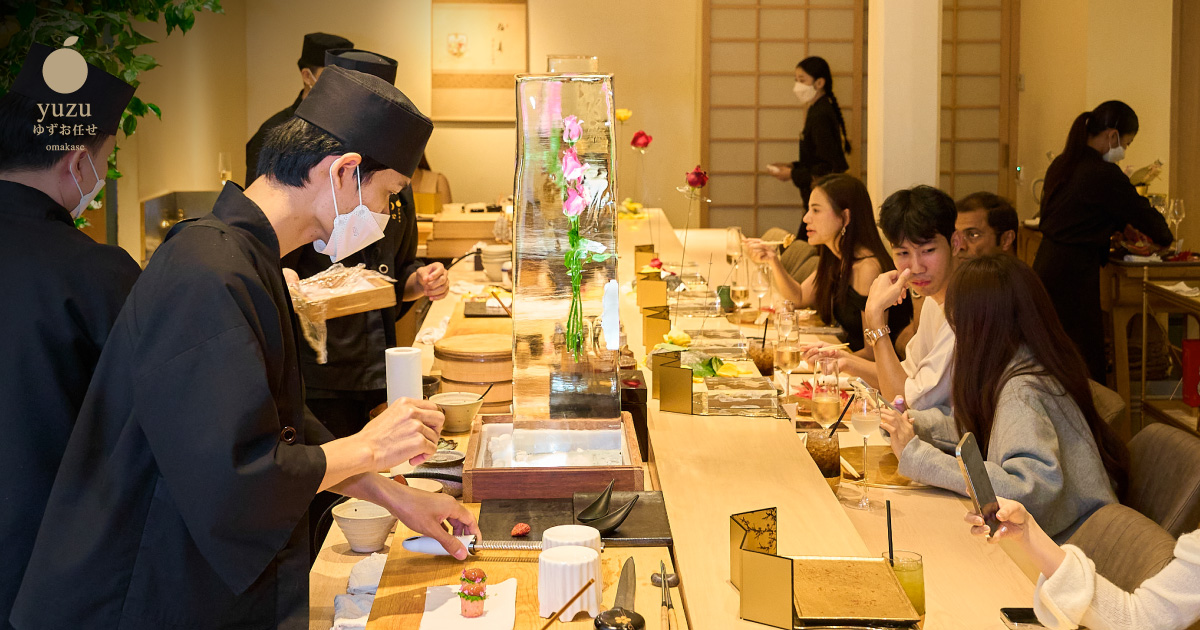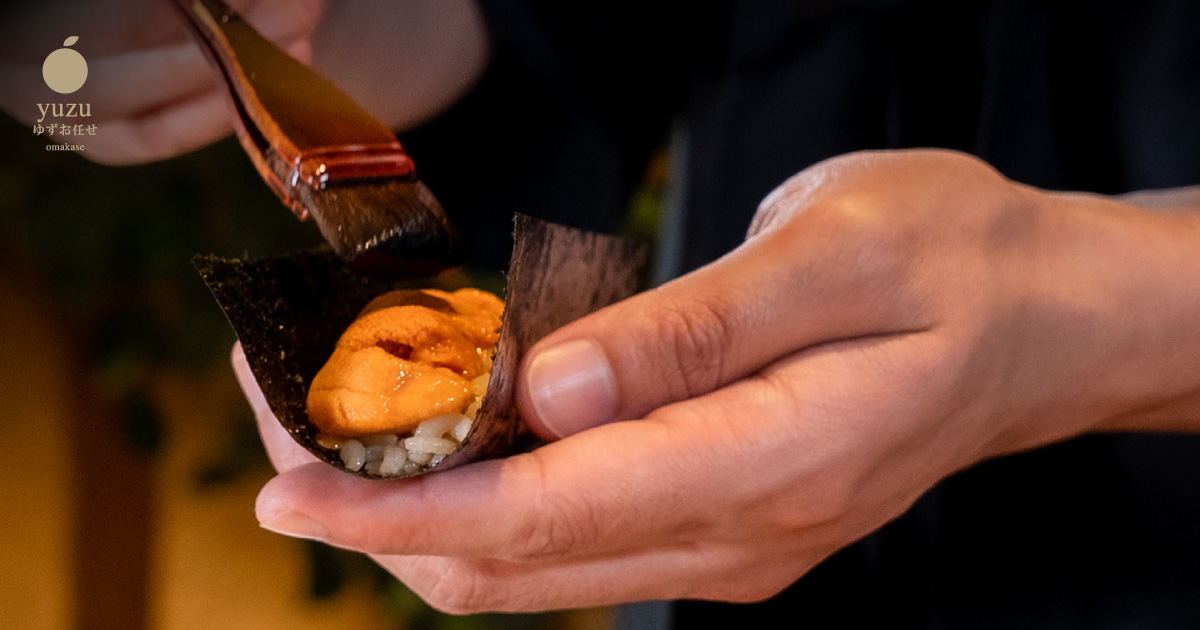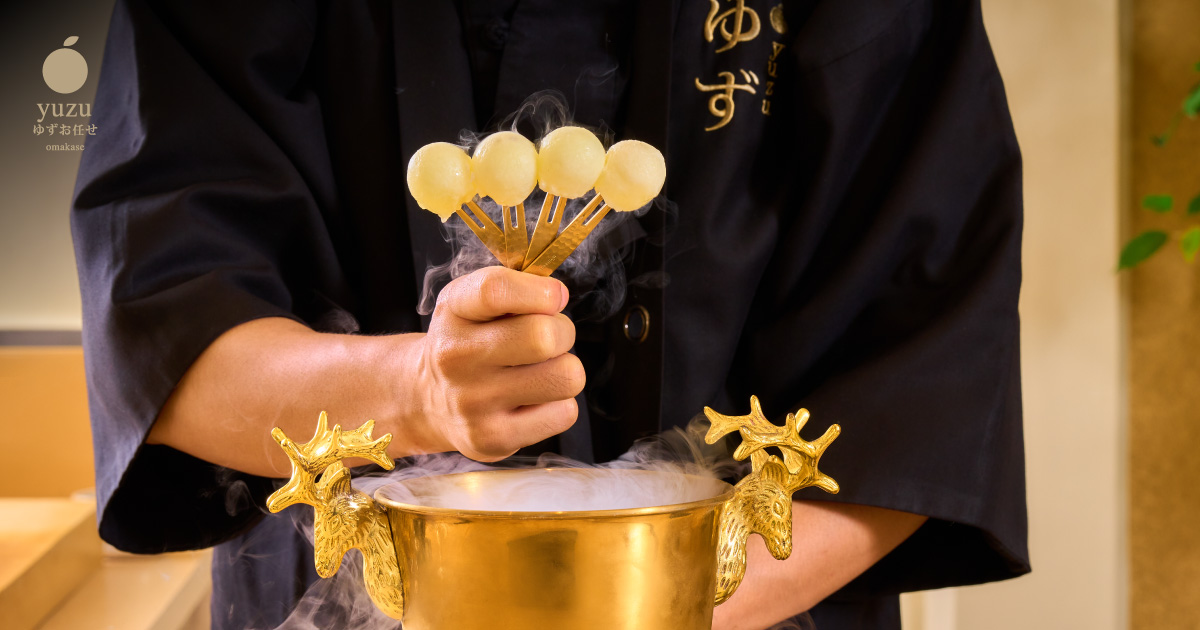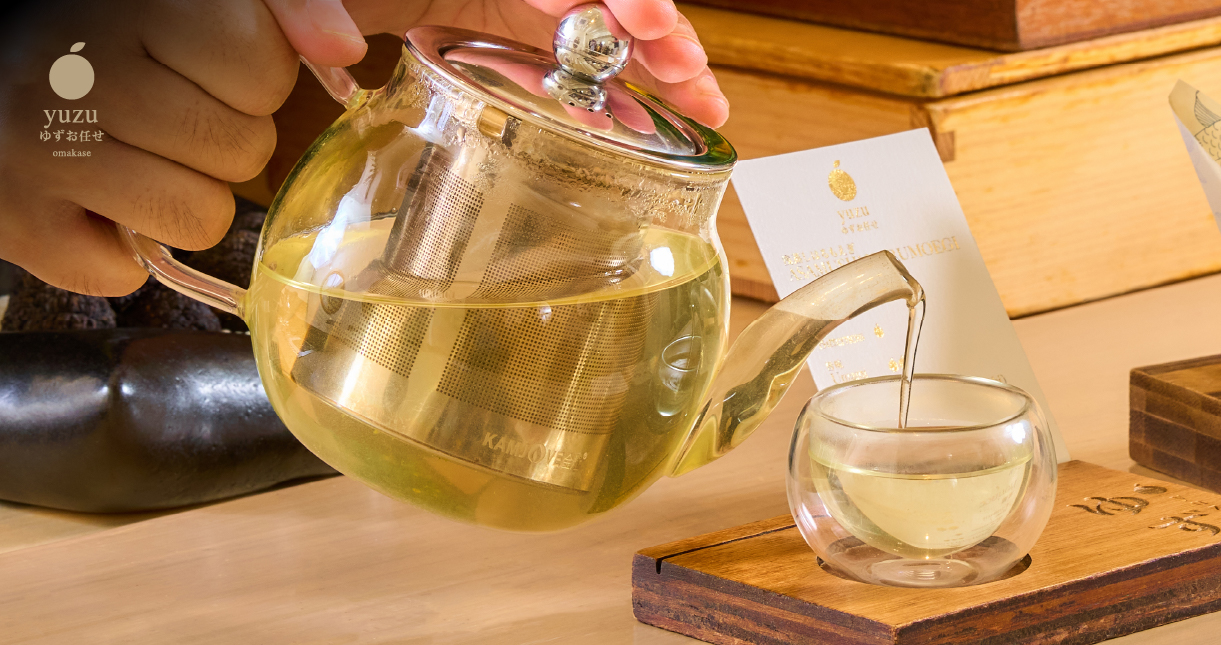
The Art of Japanese Tea Pairings in Sushi Restaurants Worldwide
Elevating Sushi with Japanese Tea The tradition of pairing Japanese tea with sushi is an artform that enhances the dining experience. From the earthy richness of matcha to the delicate floral notes of sencha, Japanese teas bring out the subtle flavors of sushi while cleansing the palate. Across the globe, sushi restaurants are embracing this tradition, offering curated tea pairings that reflect the harmonious relationship between these culinary elements.
The World ● 2024 Dec 27
The Art of Japanese Tea Pairings in Sushi Restaurants Worldwide
At Yuzu Omakase, the art of Japanese tea pairing is integral to the dining experience, elevating the enjoyment of their expertly crafted sushi. In this article, we delve into the role of Japanese tea in sushi dining and how Yuzu Omakase sets itself apart with its thoughtfully curated tea offerings.
1. The Harmony Between Japanese Tea and Sushi
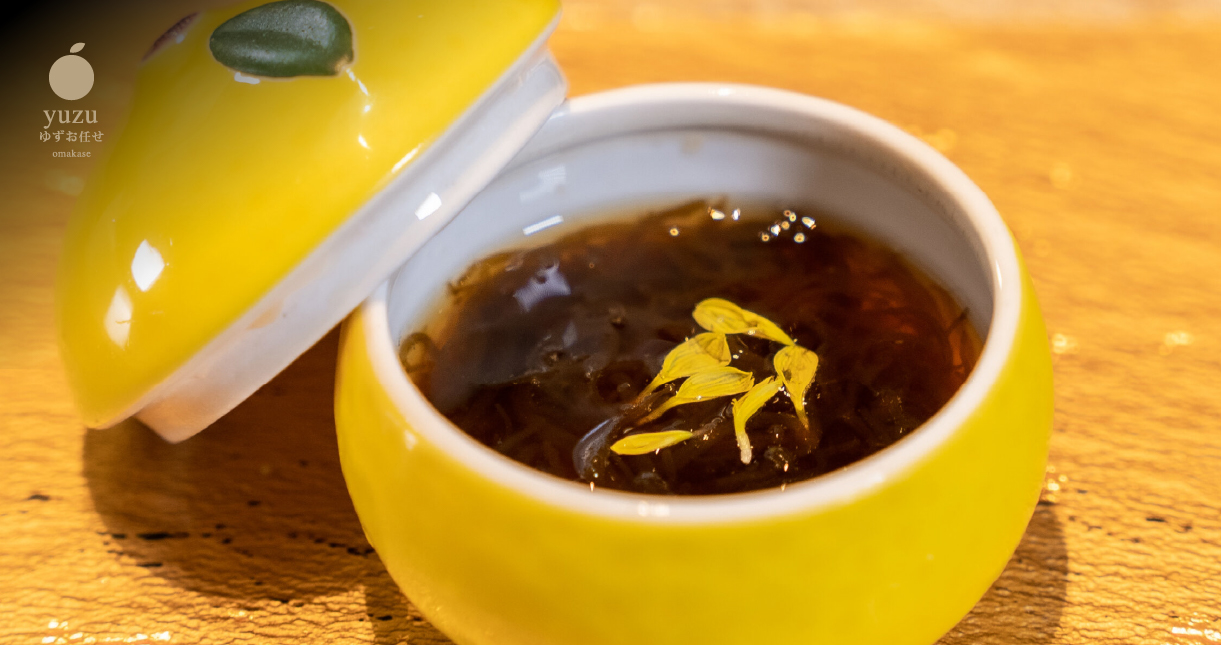
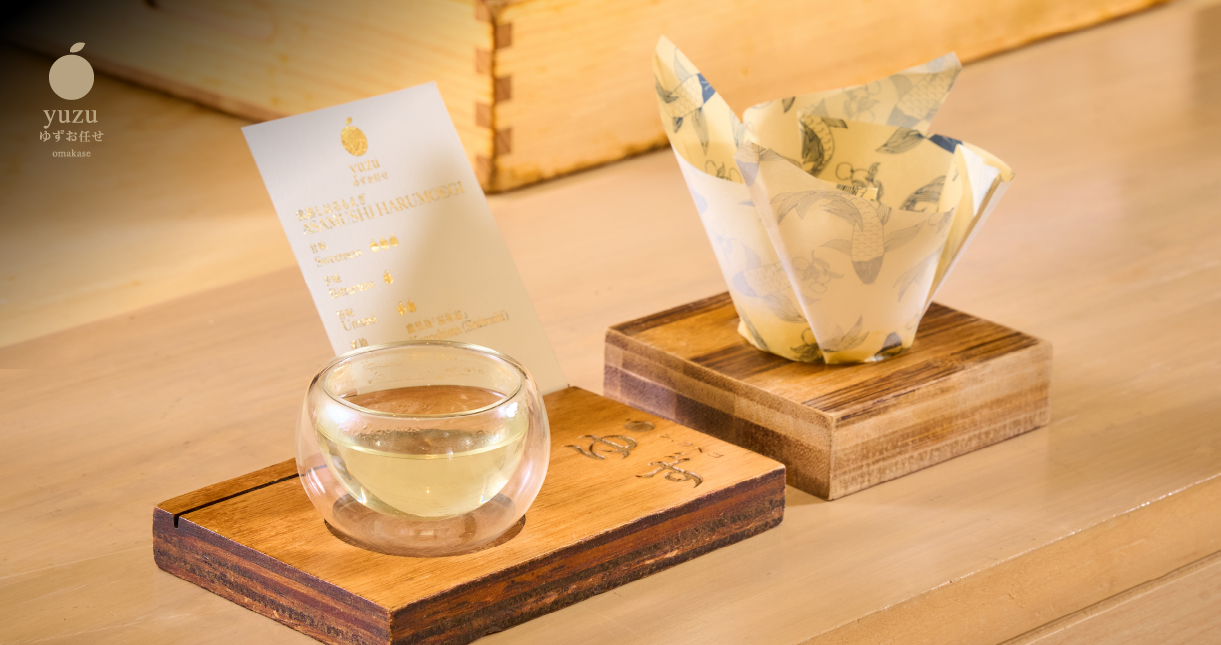
1. A Tradition Rooted in Culture
The pairing of sushi and tea has its origins in Japanese tea culture, where tea is seen as more than a beverage—it is a ceremonial element that enhances the dining experience. The subtle flavors of tea complement the delicate taste profiles of sushi, creating a balance of flavors and textures.
Cultural Insight
In Japan, pairing sushi with tea is considered a way to fully appreciate the craftsmanship of both elements.
2. Cleansing the Palate
The natural astringency in Japanese tea, especially varieties like sencha and hojicha, cleanses the palate, preparing it for the next bite of sushi. This makes tea a perfect accompaniment to an omakase meal, where diners enjoy a progression of flavors.
Tea Highlight
The slight bitterness of sencha contrasts with the sweetness of sushi rice, creating a refreshing interplay of flavors.
2. Types of Japanese Tea Commonly Paired with Sushi
1. Sencha
Sencha is the most common green tea in Japan, known for its bright, grassy flavor and moderate astringency. Its clean profile complements the light flavors of sashimi and nigiri.
Pairing Highlight
Sencha enhances the natural sweetness of whitefish sashimi, like sea bream or flounder.
2. Matcha
Matcha, a powdered green tea, offers a bold and creamy flavor that pairs well with richer sushi dishes. Its ceremonial origins also add a touch of elegance to the meal.
Pairing Highlight
Matcha pairs beautifully with o-toro nigiri, balancing the richness of fatty tuna.
3. Hojicha
Hojicha, a roasted green tea, is known for its nutty, caramel-like flavor. Its low caffeine content makes it an excellent choice for evening meals.
Pairing Highlight
Hojicha’s roasted notes complement the smoky flavors of aburi salmon or seared wagyu nigiri.
4. Genmaicha
Genmaicha, a blend of green tea and roasted rice, offers a nutty, slightly sweet flavor. It is a versatile tea that pairs well with a variety of sushi dishes.
Pairing Highlight
Genmaicha’s toasty aroma enhances the umami of grilled eel sushi.
5. Gyokuro
Gyokuro, a premium green tea, is prized for its deep umami flavor and silky texture. Its luxurious profile pairs well with high-end sushi ingredients.
Pairing Highlight
Gyokuro elevates the briny sweetness of Hokkaido uni, creating a truly indulgent experience.
3. Japanese Tea Pairings at Yuzu Omakase
1. Tea as Part of the Omakase Journey
At Yuzu Omakase, tea is an integral part of the omakase experience, thoughtfully paired with each course to enhance the flavors of the dishes. The chefs and tea experts work together to ensure that each tea pairing aligns with the progression of the meal.
Experience Highlight
From a light sencha at the start of the meal to a robust hojicha as a finale, the tea offerings mirror the balance of flavors in the omakase menu.
2. Signature Tea Pairings
Sencha with Seasonal Sashimi
The grassy notes of sencha enhance the delicate flavors of seasonal sashimi, like snapper or yellowtail.
Hojicha with Seared Scallops
The roasted depth of hojicha brings out the sweetness of seared Hokkaido scallops.
Matcha with Tamago Sushi
The creamy intensity of matcha pairs beautifully with the custard-like sweetness of tamago (Japanese egg) sushi.
3. Artisan Teas
Yuzu Omakase sources artisanal Japanese teas from reputable producers, ensuring that each cup reflects the highest quality and authenticity.
Tea Sourcing Insight
The teas are sourced from regions like Shizuoka and Uji, known for their exceptional green tea production.
4. The Global Appeal of Tea and Sushi Pairings
1. A Growing Trend Worldwide
As Japanese cuisine continues to gain popularity globally, the tradition of pairing sushi with tea is becoming a sought-after experience in fine dining. Restaurants around the world are curating tea pairings that highlight the versatility and elegance of Japanese teas.
Global Insight
Tea pairings are now featured in sushi restaurants from New York to London, reflecting their universal appeal.
2. A Health-Conscious Choice
Tea is a calorie-free, antioxidant-rich beverage, making it a health-conscious alternative to alcoholic pairings like sake or wine. Its ability to aid digestion also makes it an ideal choice for sushi meals.
Health Highlight
The catechins in green tea are known for their antioxidant properties, promoting wellness while complementing the flavors of sushi.
5. Why Yuzu Omakase Leads in Tea Pairings
1. Expertise in Pairing
The team at Yuzu Omakase brings together expertise in both tea and sushi, creating pairings that are thoughtfully crafted to enhance each element of the meal.
Innovation Highlight
The use of modern brewing techniques ensures that each tea is served at the perfect temperature and strength.
2. A Commitment to Authenticity
By sourcing premium teas directly from Japan and incorporating them seamlessly into the dining experience, Yuzu Omakase honors the traditions of Japanese tea culture.
3. Enhancing the Dining Experience
The inclusion of tea pairings elevates the omakase journey, transforming it into a multi-sensory experience that delights both the palate and the soul.
Conclusion: The Perfect Pairing Awaits
The art of Japanese tea pairing is a testament to the harmony between simplicity and sophistication. At Yuzu Omakase, this tradition is celebrated and elevated, offering diners an experience that highlights the beauty of both sushi and tea.
Whether you’re enjoying the refreshing brightness of sencha with sashimi or the nutty warmth of hojicha with seared sushi, every sip enhances the flavors of your meal. Book your table today at Yuzu Omakase and discover the perfect harmony of Japanese tea and sushi in Bangkok’s premier omakase destination.

RELATE
-
Why Omakase Is Expensive: Sourcing, Craftsmanship, and Premium Ingredients
Omakase is expensive because it combines premium-grade ingredients sourced from elite markets, years of chef training (often 10+ years), specialized techniques like fish aging, limited seating, and a personalized multi-course dining experience that cannot be replicated. Why Omakase Premium Prices all around the world Cost Factor Details Ingredient Sourcing Fish imported from Toyosu Market, flown… Continue reading Why Omakase Is Expensive: Sourcing, Craftsmanship, and Premium Ingredients
The World ● 2026 Jan 22
-
The Global Appeal of Chef-Curated Tasting Menus in Omakase Thailand
From New York to Tokyo, Paris to Bangkok—chef-curated tasting menus have become the global benchmark for refined dining. At the center of this culinary shift in Thailand is Yuzu Omakase, where omakase becomes an immersive expression of art, season, and culture.
The World ● 2025 Aug 5
-
From Tokyo to Siam Square: A Legacy of Culinary Mastery in Japanese Restaurants
The soul of Tokyo’s revered sushi traditions now thrives in Bangkok’s dynamic heart. At Yuzu Omakase Thailand, ancient craft meets urban luxury—delivering a dining experience rooted in precision, purity, and the pursuit of culinary excellence.
The World ● 2025 Aug 4
-
Why Premium Dining Is Now All About the Journey — Not Just the Meal
Today’s most memorable meals aren’t just about taste—they’re about transformation. At Yuzu Omakase Thailand, every detail is curated to move you, surprise you, and immerse you in a world where dinner becomes a journey.
The World ● 2025 Jul 19




